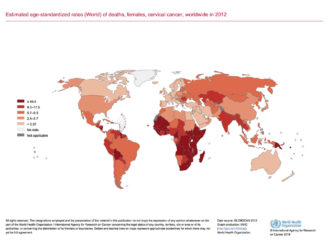
Colorectal cancer is a serious problem, no doubt but is it terminal? It can be but you can take precautions to mitigate the effect of this disease.
1) Colorectal cancer generally responds to chemotherapy treatment. There are people who fear the treatment more than they fear the disease. Chemotherapy can cause discomfort and can lead to problems like constipation. But medical science can provide relief from most of these side effects. There is no point in postponing chemotherapy till the time the patient mentally prepares for that. The patient should be made to realize that the choice before them are limited. Either go for chemotherapy bearing the physical discomfort or allow the cancer to aggravate. When presented with this reality, the patient is likely to quickly accept chemotherapy treatment.
2) Since in many cases, colorectal cancer begins as small benign polyps, going for a colonoscopy at the age of 50 will be very helpful. 50 is the age for an average risk person and a high risk person may opt for this screening even at the age of 30. The American Cancer Society advises that colonoscopy screening should be repeated every 10 years. Again this period is for a person with average risk. For a high risk individual, this screening has to be repeated every two years. The benefits from colonoscopy screening are very valuable in that physicians will be able to locate and remove polyps which can cause colorectal cancer. Needless to add, removing polyps is the key to preventing this type of cancer. Just as people are reluctant to go for chemotherapy, they also shun colonoscopy because it involves an invasive procedure. While this is not as simple as a blood test, this is quite a comfortable test and people will be medicated before undergoing this procedure.
3) It is also worthwhile to be well informed about the risk factors since people with a higher risk of contracting this disease need to take extra precautions, as outlined above. The risk can come from diet routine, genetic factors and medical history. People who consume a diet that is high in fat and calories and low in fiber have a high risk. Particularly, a diet high in red and processed meats can be a risk factor. In terms of racial factors, African Americans are found to have the highest risk for colorectal cancer. People with a personal history of having had colorectal cancer earlier or a history of adenomatous polyps have higher risk for this disease. People who have an inflamed lining of the colon, ulcerative colitis or Crohn’s disease are also at a higher risk. If you have blood relatives (parents or siblings) with colorectal cancer, it can be a factor contributing to high risk too.
Proudly WWW.PONIREVO.COM



